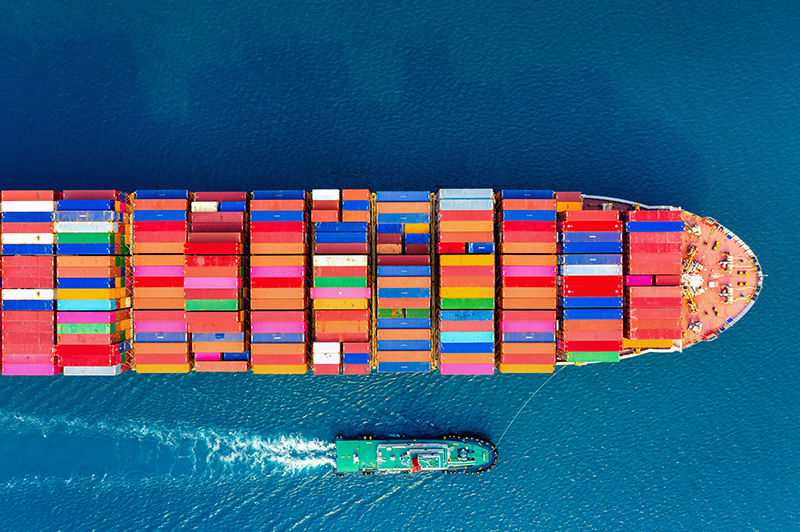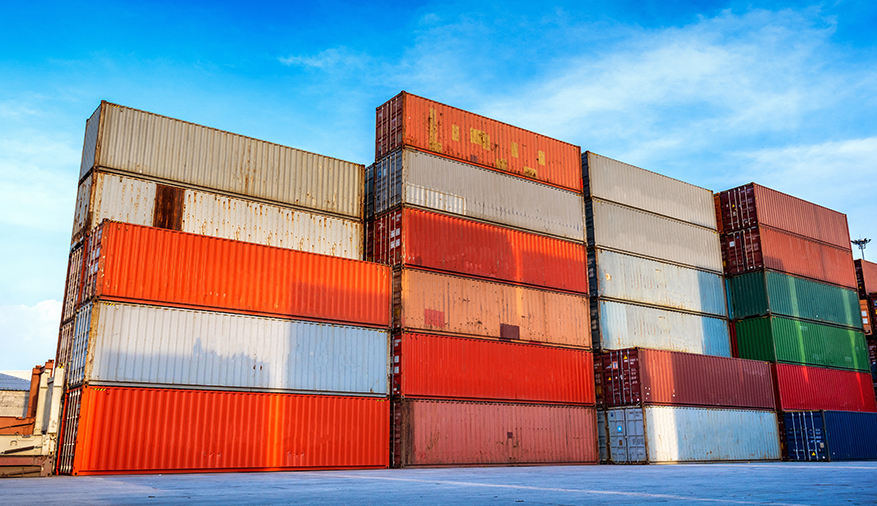
TAX BULLETIN – Tax Tips, News, & Updates: Issue No. 1 | Vol No. 9
The U.S. has applied tariffs on imports of goods for centuries. Tariffs are taxes on imported goods made in another country. It is also referred to as a duty or a trade barrier used to protect domestic production and jobs creation in the country, which levies the tariffs. Economists say other domestic sectors and customers ultimately pay the tariffs.
How Do Tariffs Affect My Taxes and Personal Finance
Economists say other domestic sectors and customers ultimately pay the tariffs. That is the reason in this upcoming election, tariffs have become such a matter of contention. In the past, imposition of tariffs did not garner such attention, because it usually goes unnoticed that the additional costs of tariffs are added on to the cost of consumer goods.
For example, during 2018 the tariffs imposed on China by the Trump administration led to much tension between China and the US. This led China to refuse to purchase Soybeans, and other products from the US farmers. This resulted in millions and millions of dollars of spoiled goods, which farmers had to absorb the costs for. This ultimately required farmers to be subsidized and needing to be bailed out by the US Government.

Economists say other domestic sectors and customers ultimately pay tariffs.
Who Pays?
The answer depends on the company and the product on which the tariff is levied.
Generally, the companies will pay the tariffs and absorb those costs resulting in lower gross margins. However, very often other companies do not absorb all those costs but will instead flow those to us, the consumers, via higher sales prices. Accordingly, tariffs increase consumers’ sales taxes and thus become revenues for the Government. They make the prices for goods more expenses. As per the Council on Foreign Relations, the following summarizes the overall content of tariffs:
- Tariffs are a form of tax applied on imports from other countries. Economists say the costs are largely passed on to consumers.
- Countries have used them to protect domestic industries, such as agriculture and renewable energy, as well as to retaliate against other states’ unfair trade practices.
- U.S. President Trump wielded tariffs more than any recent American president, particularly against China. President Biden has largely left these levies in place while imposing his own.

WE HOPE YOU ENJOYED & LEARNED FROM THIS MONTH’S BULLETIN!
Contact us for more information which is specific to your situation as there are always exceptions to the IRS rules and specific to the states’ rules!


No Comments